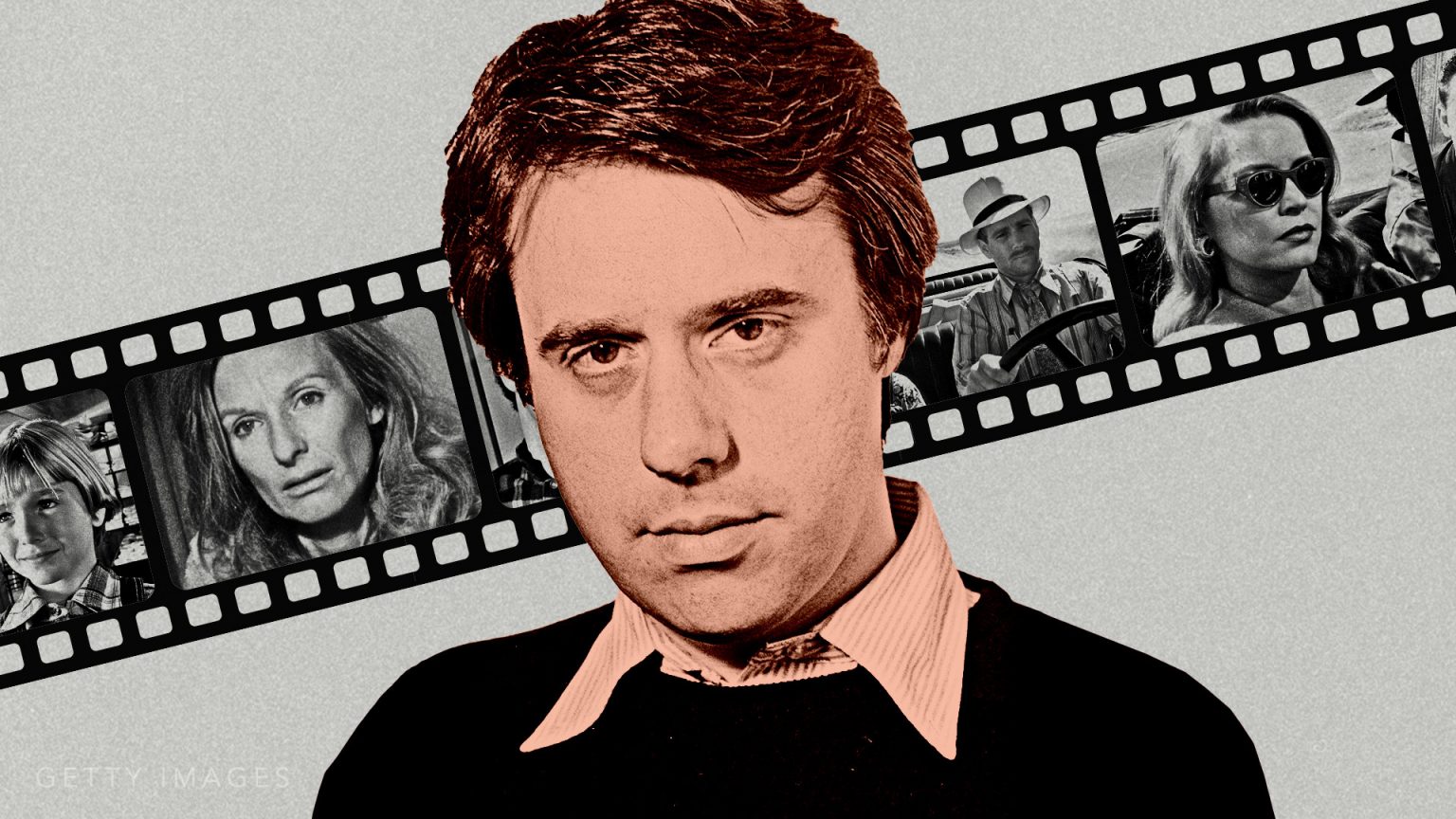As identity politics and agenda-driven hot takes continue to re-shape modern film criticism, a general lack of film history knowledge continues to diminish the craft. Peter Bogdanovich, a renowned American film critic, and filmmaker stated on the podcast “WTF with Marc Maron” that “film culture is non-existent right now,” and that “we’re in a period of decadence.” While I don’t necessarily agree with his skepticism—for example, Fandor itself has established a specific film culture geared towards international cinephiles—I do understand where he’s coming from. And if there was ever someone with an informed perspective on film it’s Bogdanovich—in fact, it could be said that to properly understand the roots of American film culture is to acknowledge and study Bogdanovich’s own role, aesthetic, and outlier mentality within the industry.
To the uninformed, Bogdanovich’s grumblings could easily sound like a man who prefers his glory years to the rapidly evolving film culture of today. And while he might not have the career momentum of fellow American New Wavers like Martin Scorsese and Brian De Palma (both of whom are still making culturally relevant “pictures”), it’s important to understand that Bogdanovich was, at one point, America’s unofficial answer to the French New Wave critic-filmmakers of the late 1950s and early 1960s. Just as former Cahiers du Cinéma journalists like Jean-Luc Godard and François Truffaut were becoming popular among in-the-know cinephiles, New York City’s Museum of Modern Art hand-selected Bogdanovich to curate the first Orson Welles retrospective in America, thus sparking new conversations about the director’s legacy. Like his French contemporaries, Bogdanovich earned a living by writing film reviews for Esquire (in his twenties, no less), and he valued auteur filmmaking over cookie-cutter productions. And also like the New Wave innovators, Bogdanovich utilized his cinematic connections to jumpstart a career in directing, thanks to Roger Corman and a chance meeting at a screening of Jacques Demy’s Bay of Angels (a French New Wave film).
Google or YouTube “Peter Bogdanovich” and you’ll discover a confident and borderline arrogant filmmaker that fully enjoyed his 1970s lifestyle. As Quentin Tarantino noted in the 2014 documentary One Day Since Yesterday: Peter Bogdanovich & the Lost American Film, Bogdanovich often appeared in his own movie trailers. Full disclosure: I’m not especially interested in his personal struggles, his connection to the late Dorothy Stratten, or even tales of wild Hollywood parties and the dark side of celebrity culture. I’m more curious about Bogdanovich’s connection to Hollywood’s early years, and how he incorporated advice from cinema icons into his films.
In a 2017 interview with director Alex Ross Perry, Bogdanovich said that a “connection to the past was visceral for me.” As a product of the 1980s, and as someone who grew up watching movies on grainy VHS cassettes and scouring the video store for new discoveries, I appreciate that sentiment. Decades from now, pop culture will celebrate purely mainstream filmmakers like Steven Spielberg (and rightfully so), yet Bogdanovich will surely still be part of collegiate film courses on Classic Hollywood and the transition into a new era. But let’s not forget that Bogdanovich essentially kicked off the American New Wave.
Bogdanovich’s early films display that classic Hollywood touch. Targets, his debut feature, featuring a story by first wife Polly Platt, stars Boris Karloff, a Hollywood legend—he’s caught up in real-life horror as a traumatized gunman kills innocent Americans. From a 2018 perspective, Targets alone could open a collegiate course on American New Wave cinema. And the film co-stars Bogdanovich himself, which further evidences his multifaceted talent, and opens the door for side conversations about polishing one’s craft and learning from Hollywood’s original wave of icons—the first wave. Earlier this month, Film Twitter debated (or rather discussed) the legacy of Ernst Lubitsch, an early twentieth-century filmmaker who acted out roles himself during rehearsals, as relayed to Bogdanovich by Jack Benny and many others. In the streaming era—the digital era—can one understand cinema without fully understanding “The Lubitsch Touch?” Sure. But should film journalists downplay the importance of figures such as Lubitsch and Bogdanovich? No.
To be honest, Bogdanovich’s old-school persona could be off-putting for younger cinephiles. But I’ll say this: do your homework—you’ll enjoy it. To see the aesthetic value of black and white films like The Last Picture Show and Paper Moon or the comedic brilliance of What’s Up Doc? (starring Barbra Streisand), is to enhance one’s own cinephilia—by watching those films (and those of other past auteurs), one can appreciate the totality of film history and the cinematic homage. What’s important, in my opinion, is that filmmakers like Wes Anderson and the aforementioned Perry (another filmmaker that’s not afraid to tackle various genres) embrace Bogdanovich’s legacy, much like Bogdanovich reached out to those who came before. Be original. But don’t forget those who paved the way.




